I blog for a wonderful site called Unusual Historicals, which is dedicated to articles about the lesser known settings and time periods in historical romance. Basically everything but Regency/Victorian England it seems. 🙂
Since I was asked to join, I’ve been writing posts about Asian topics as well as the ancient world. I like to look at things with a cross-cultural perspective such as the article on warrior culture or the one about the printing press. One of the first ideas that drew me to history (my worst subject in high school) was the idea of drawing parallels between the histories of different cultures. It’s why the Silk Road remains such a muse for me.
At one point, I wondered if I was boxing myself in too much. Would people look at my contributions and think, oh there’s another Asian article? Was I becoming cliched and repetitive? Did I sound like I was on a soapbox? Then I received a response from a fellow author who told me she went to research ancient Chinese drinking games, and was so pleased that she found my Unusual Historicals post on drinking games around the globe. I realized this is probably why UH asked me to join. Readers are looking for a range of perspectives and topics from many different cultures.
This month’s topic is Real Life Heroes. To my shame, I had to Google “Real Life Asian Heroes”. I could not name more than ten/fifteen people I thought would be considered Asian heroes. I could think of many significant historical figures, many of from ancient history, but whether they’d be “real life” heroes was uncertain.
Who was the first Asian astronaut? (I had NO idea he was Vietnamese!) Who was the first Chinese doctor? Who are the inspirational athletes, actors, businessmen of the Asian world? Who were the revolutionary thinkers?
I remember when I graduated as valedictorian of my high school class. Vietnamese families I didn’t know came up to afterward and asked to take their picture with me. Me? I was astonished, but now I realized why. They were starved for role models. They wanted to see that an Asian girl could accomplish things. Someone who was like them. Connie Chung was a very visible and public role model, but who else did we see? Kind of funny, but other Asian female newscasters were also making it to major networks. You could achieve, but only in this little box.
My searches also brought up the very recent and very raw wound of the whitewashing of the heroes of Avatar: The Last Airbender. We don’t get to see Asian heroes kicking ass. I remember reading a hilarious editorial in my university paper lamenting this same fact. He wrote about the lack of Asian superheroes to look up to. He looked longingly at Spiderman with his slanted his eyes and his name, Peter Parker, which was so close to a Korean name, Peter Park, and would imagine that this was his Asian superhero.
I wish I could find that article. I laughed so hard, but I only did because the void was so very real. The icons that Asian American children grew up with didn’t look like them. The Samurai just doesn’t cut it.

I was afraid of being a broken record, touting all things Asian. But then I realized, maybe it’s a message that bears repeating. My guest blog on Unusual Historicals covers a few of the accomplishments of the current Dalai Lama, as well as some of the history of the line of Dalai Lamas. I chose him because he continues to inspire me and provoke me to think about the world.
In my research, I found several resources that have taken it upon themselves to bring awareness to real life Asian heroes, beyond the ones that are covered in popular Western media.
Time Asia: Asian Heroes – Excellent feature by Time magazine of the most admirable men and women I’d never heard of
The Asian Heroes Project – This blog challenged me to name who my Asian/American hero was. Would I, like most Asian Americans, name Bruce Lee? — Guilty as charged. The blog states: “We hope people will read this blog, be introduced to titans of the world, be inspired to go out and innovate, and lastly, to discover the great potential of being someone else’s hero.”
Angry Asian Man – In his own words: “This is just a subject that has always interested me — pointing out racism and noting any and all appearances of Asians in mass media and popular culture (the good and the bad).”
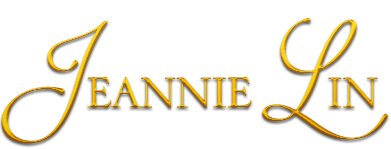


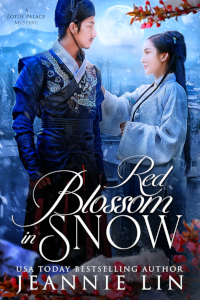
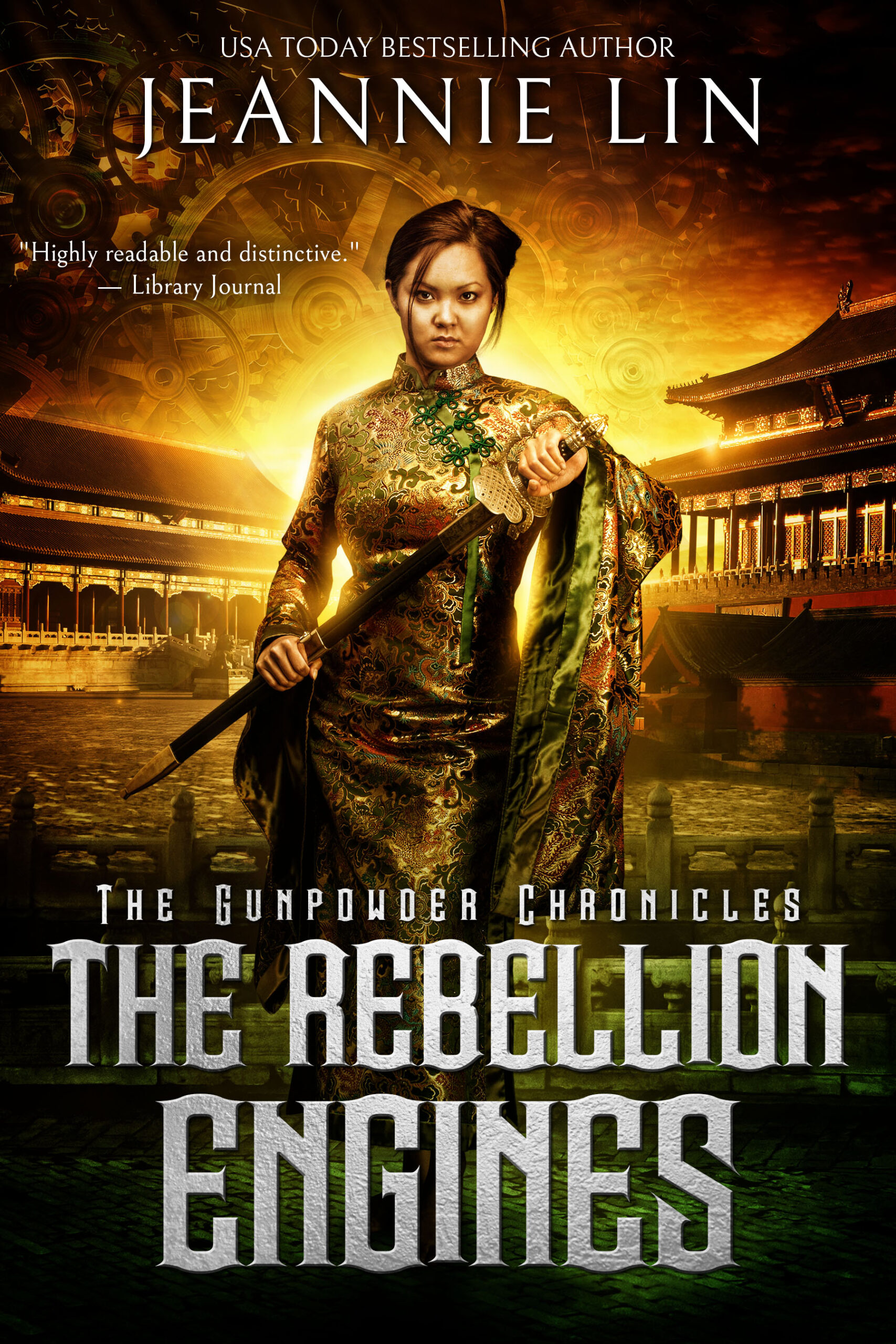
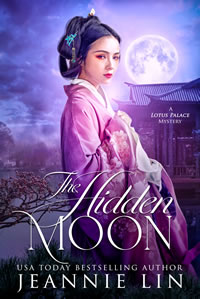
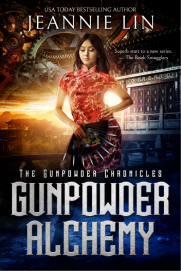
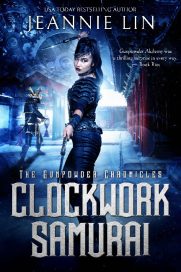
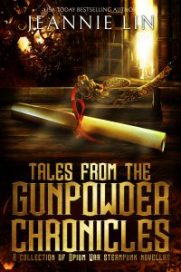
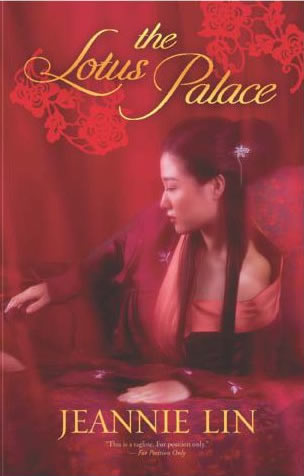
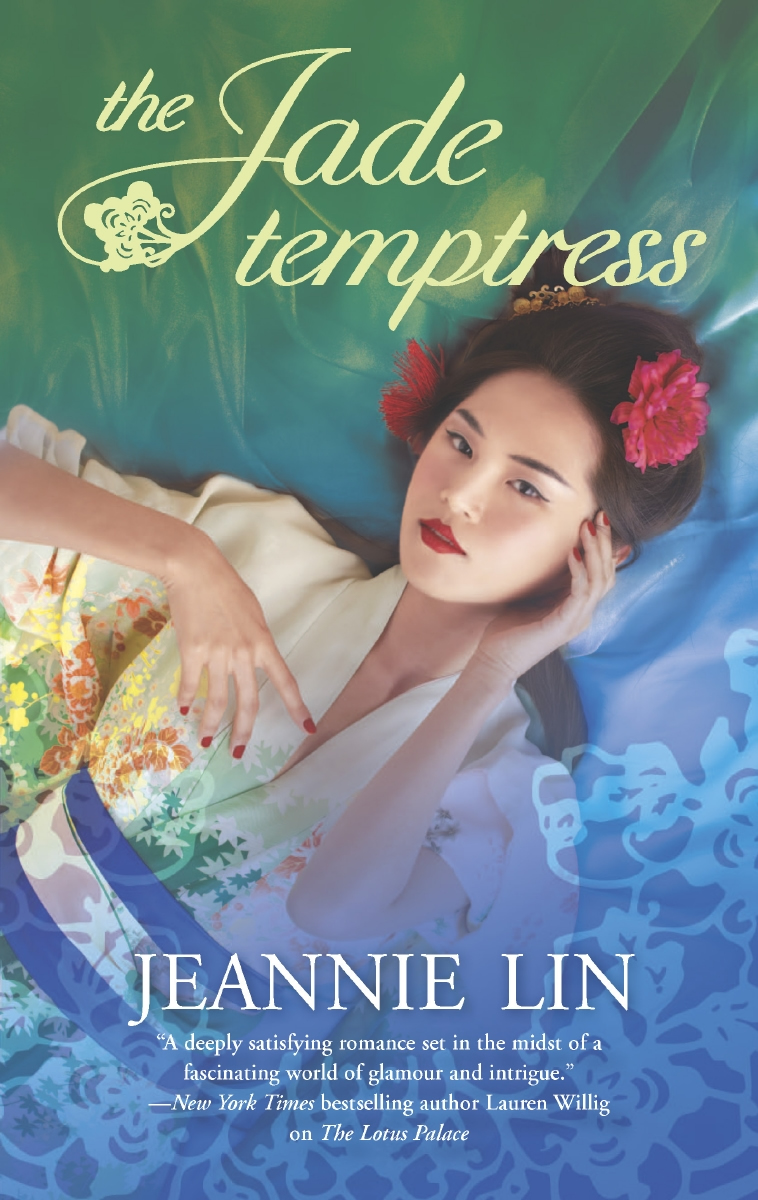
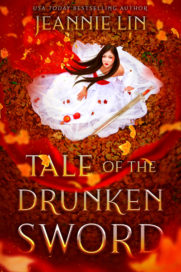


Nov 09, 2010 @ 09:05:29
This is wonderful! fyi Asian superheroes: They do exist, but few and far between, and the ones there are — well. (The first one I ran into was back in the 1970s, when DC decided to, basically overnight, give its Karate Kid a half-Japanese background — and an afro, for some reason!)
Gambatte (persevere)!
Nov 09, 2010 @ 09:22:00
Thanks Eilis! Ha, I never knew that about the half-Japanese Karate Kid. I think X-men did a lot to bring in people all over the world. Then on top of that, the popularity of manga/anime is showing us more Asian heroes. It may seem like a quibble over cartoons, but cartoons were a huge influence for a lot of children.
Nov 09, 2010 @ 09:31:33
I don’t think you’re putting yourself in a box. There aren’t enough blogs or sites that focus on educating others rather than the usual rant sites. Your perspective is very smart and professional so I’m certain there will be many who will find your posts valuable.
I’m also one of those Asian Americans influenced by Connie Chung. So much so, I studied broadcast journalism and was an anchor in college. I was even a recipient of the Asian American Journalism Award but along the way I decided my heart wasn’t entirely in journalism..but it brought me to this point, to become an author. 😛
All I’m saying is that you’re providing a valuable resource that many people may be interested in discovering. Keep up the good work!
As far as Asian superheroes go…here’s a list I found on Wikipedia: http://en.wikipedia.org/wiki/List_of_Asian_superheroes
And the top 15 Most Influential Asians: http://www.faqs.org/shareranks/2560,Top-15-Greatest/Most-Influential-Asians
Nov 09, 2010 @ 11:04:44
My favorite Asian heroes are arguably a couple of group military heroes.
The first are the Japanese-American military volunteers of WWII. With their families unjustly imprisoned in internment camps on suspicions of insufficient loyalty to the country they weren’t even allowed to become naturalized citizens of (!), their American-born (Nisei) sons quietly set out to prove they were Americans, too,…
and did the job so thoroughly and with such incredible bravery that even to this day the very thought of rounding up allegedly disloyal Americans during wartime is a nonstarter across the entire political spectrum.
Other countries round up the allegedly disloyal during wartime quite frequently, but not the USA, not after the example of the Nisei.
My second Asian “group heroes” are the legendary Nepalese Ghurkas who have served for more than a century in the armies of Great Britain. Very tough, very short, very intelligent, eternally goodnatured, and insanely brave, they opened the minds of every British soldier who ever came in contact with them no matter how ignorant and racist he may have started out.
The endlessly repeated apocryphal story goes that the only time a Ghurka unit ever displayed less than a happy, frightening enthusiasm for the impossible task at hand was when they were first asked to jump out of an airplane…
“Too high, maybe we could try it from 500 feet.”
“No, you’d all be killed; your parachutes wouldn’t have time to open from only 500 feet.”
“Parachutes?” (back to usual huge Ghurka smiles)
During the Falklands war a Ghurka unit fixed bayonets and advanced on the key Argentine position, but when the Argentines realized who was advancing upon them, they immediately surrendered.
The Ghurkas were hugely disappointed.
Nov 09, 2010 @ 14:02:27
I have to agree with Fred. The Japanese-American vets of WWII have earned my utmost respect.
I’m half Japanese myself and still knew so little about them until delving into research for my next book, which mentions the 442nd/100th segregated infantry unit, but mostly pays tribute to the lesser known volunteers who served in the Military Intelligence Service, the Army’s secret branch of code breakers and interrogators (same group as the Windtalkers). Essentially, they were Japanese-Americans, whose families were being interned in America, while they themselves fought for democracy, and against their own heritage. Mind boggling.
After interviewing many of these vets, however, I realized why we don’t hear more about Asian heroes. In most cases, they’ve been raised to place such a high value on humility, boasting would be unthinkable. And, in America at least, touting our own accomplishments has proven an effective way to receive praise — even when it’s not fully justified.
Great post, Jeannie!
Nov 09, 2010 @ 19:18:28
Those are incredible stories, Fred!
Kristina – I can only imagine the conflict within the Japanese-American vets during that time. Issues of dual cultures coming so sharply into play. That’s a great analysis of why we don’t hear more about Asian heroes. Not only are you not supposed to brag about yourself, Asians are more likely to consider themselves as part of a group. Rather than speak of individual accomplishment, I think there’s a tendency to defer to the group or to someone of higher rank. (Back in ancient times, it was always empire or Emperor, right?)
Which ties back to FredTown’s comments about honoring groups of Asians as heroes.
Nov 09, 2010 @ 23:48:17
I hadn’t given much thought to the idea that strong Asian cultural biases against calling attention to oneself might make Asian heroes less noticeable than otherwise in a “Hey, look at me!” culture like ours, but it makes sense.
However, I’d argue that modesty about one’s military exploits is a far more universal quality, at least in living memory among citizen soldiers. If you watch interviews with combat veterans all the way from WWII to Iraq and Afghanistan, they tend to be very modest about their own exploits regardless of race, insisting that others were the real heroes no matter how many decorations they were awarded. I think it must have something to do with the shared experience of combat. When you actually do come across a boaster, the explanation usually turns out to be:
(a) He’s a phony, grossly exagerrating or making it up entirely.
and/or
(b) He’s running for political office.
Nov 12, 2010 @ 10:31:24
Jax – Your comment got stuck waiting for approval. Thanks for those links! And I totally didn’t know you studied journalism because of Connie Chung! You totally would have rocked at that — but you’re rocking at what you do now too.